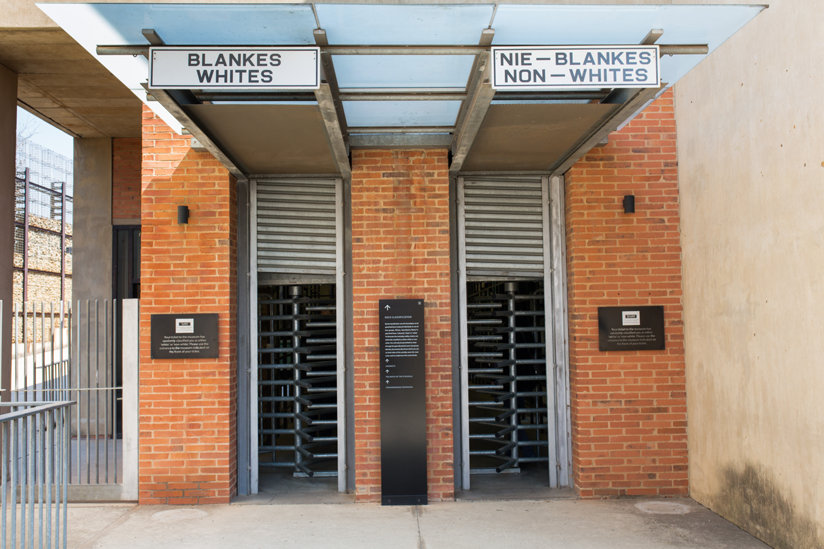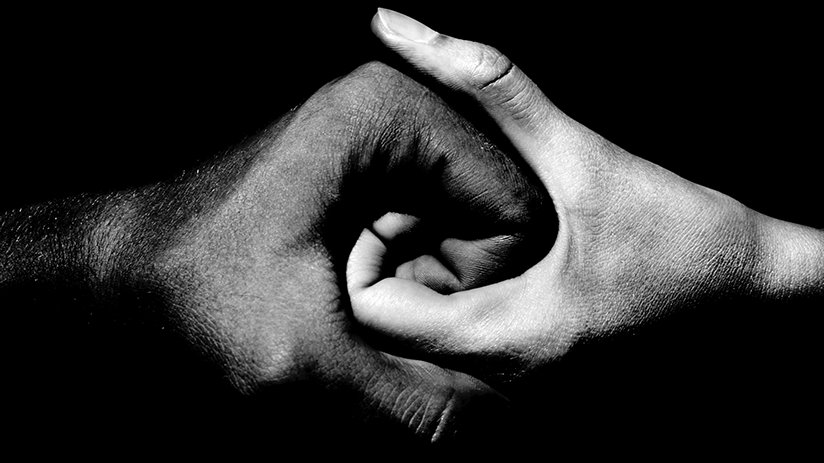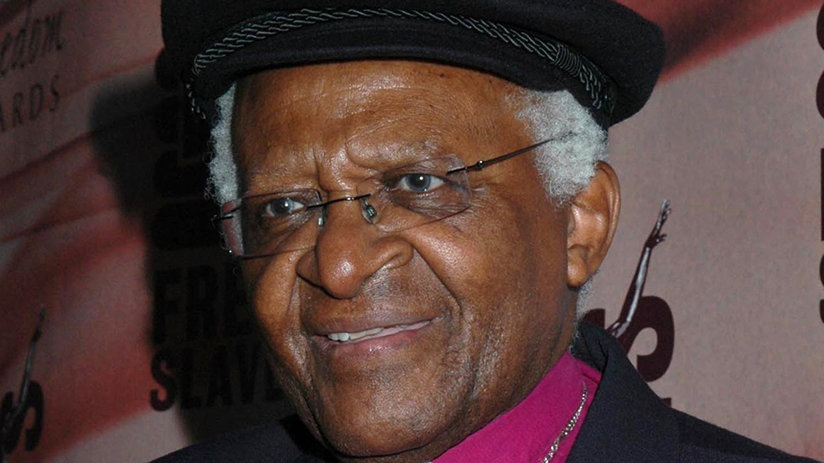
-
HOME
-
WHAT IS STANDOur Mission Our Values Our Help Contact
-
WHAT WE FIGHT FORReligious Freedom Religious Literacy Equality & Human Rights Inclusion & Respect Free Speech Responsible Journalism Corporate Accountability
-
RESOURCESExpert Studies Landmark Decisions White Papers FAQs David Miscavige Religious Freedom Resource Center Freedom of Religion & Human Rights Topic Index Priest-Penitent Privilege Islamophobia
-
HATE MONITORBiased Media Propagandists Hatemongers False Experts Hate Monitor Blog
-
NEWSROOMNews Media Watch Videos Blog
-
TAKE ACTIONCombat Hate & Discrimination Champion Freedom of Religion Demand Accountability
Why We Stand for Equality, This Day Against Racism
“Hating people because of their color is wrong. And it doesn’t matter which color does the hating. It’s just plain wrong.”
— Muhammad Ali
March 21 is designated as UN International Day for the Elimination of Racial Discrimination.
The hope is that this day will work its way out of business, as there will no longer be racial discrimination that needs eliminating.

On March 21, 1960, South African police fired weapons at peaceful protesters in Sharpeville, South Africa, killing 69 Blacks and wounding at least 180 others. The protestors had gathered to protest Pass Laws—a system of laws used to control the movement of Blacks and other people of color, thus suppressing their freedoms. These laws, put in place by the Nationalist Party which came to power in 1948, had the goal of implementing the segregationist policies that ultimately became known as Apartheid.
Pass Laws included:
- The Population Registration Act No. 30 of 1950 – Required people to be registered from birth as one of four distinct racial groups: white, colored, Bantu (Black African), and other.
- Immorality Act – Disallowed mixed-race couples to be in relationships. Police invaded homes and arrested any mixed couples found in bed. Many couples found guilty were jailed, with Blacks often serving more severe sentences than whites.

- The Group Areas Act of 1950 – White, Black, colored and Asian people would have to live in group areas specifically provided for members of their race. The law required that individuals may only own property and businesses in their designated areas. Many were required to move from homes in which they’d lived for years to new, unfamiliar places.
- The Pass Laws Act of 1952 – Required Black South Africans over the age of 16 to carry a passbook, known as a dompas. Dompas included fingerprints, photographs, employment records, government permissions for access to locations, work qualifications, and employer reports on workers’ performance. Employers, for various reasons, could decline endorsing the book, in which case the worker could be excluded from remaining in an area. Government officials, requiring no further investigation, could expel workers from the area by adverse endorsement in the passbook. The worker’s family then also faced eviction from the area. Losing or forgetting the dompas, for any reason, including theft, was cause for arrest and possible imprisonment. Nearly a quarter of a million Blacks were arrested for Pass Law violations each year.
- Separate Amenities Act – Restricted certain public vehicles and areas as well as certain public locations for use by members of a specific race or class.
- Criminal Law Amendment Act – This law gave certain powers to the government to declare a state of emergency which acted to stifle public protests against any law and called for beatings, fines or jail time.
These laws, combined, incited the Sharpeville protest of 1960, which resulted in a government-declared state of emergency and the massacre which stirred the entire world. Communities were fed up with the atrocities of racism. Ironically, the same year the UN introduced it’s Universal Declaration of Human Rights, the White Nationalist Party of South Africa introduced the opposite: Apartheid. For 46 years, South African Blacks and other persons of color suffered inhumane suppressions of their freedoms. But the Apartheid movement ultimately ended in 1994.
Acts of racial discrimination diminish these freedoms not just for the oppressed, but for all of us.
Spawned in large part by events in South Africa, the UN adopted a resolution in 1966 condemning racism and determined to eliminate it worldwide. March 21, the date of the Sharpeville Massacre became the date to commemorate international efforts to end all racism. Each year public ceremonies are held by governments and nongovernmental organizations across the globe. In schools, colleges, and universities, people vow to not let racism prevail. Public awareness programs are scheduled on TV and radio, while social media platforms spread awareness about the evils of racism.
Certain essentials of mankind include air, water, food, shelter, clothing and freedom—freedom to own, freedom to move, freedom to believe, to worship, to create, to live where one wants, freedom to speak one’s mind and to protest injustice. These are essentials of life. Acts of racial discrimination diminish these freedoms not just for the oppressed, but for all of us. That’s why days like International Day for the Elimination of Racial Discrimination are so important. Because, in the words of H. G. Wells, “Our true nationality is mankind.”









